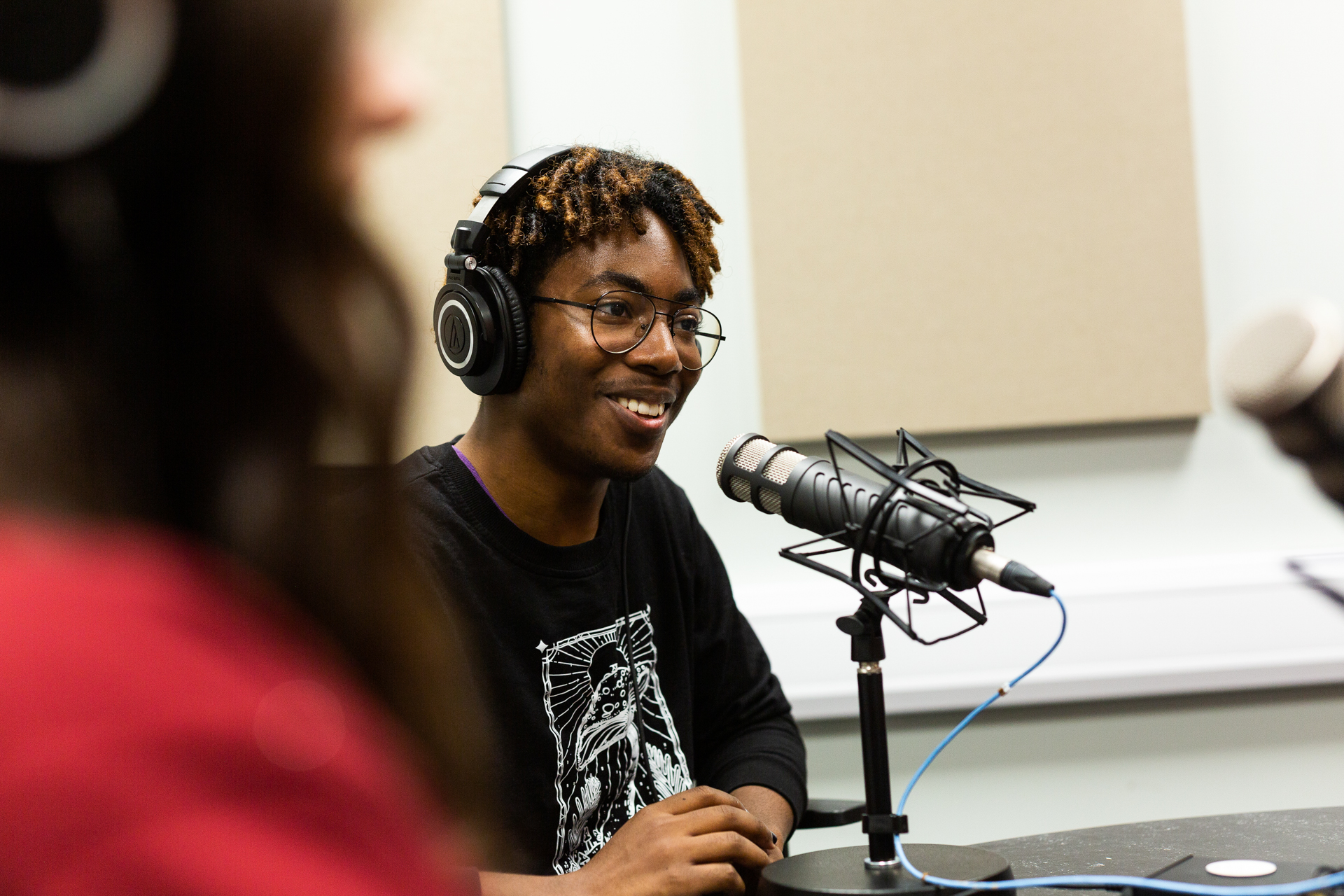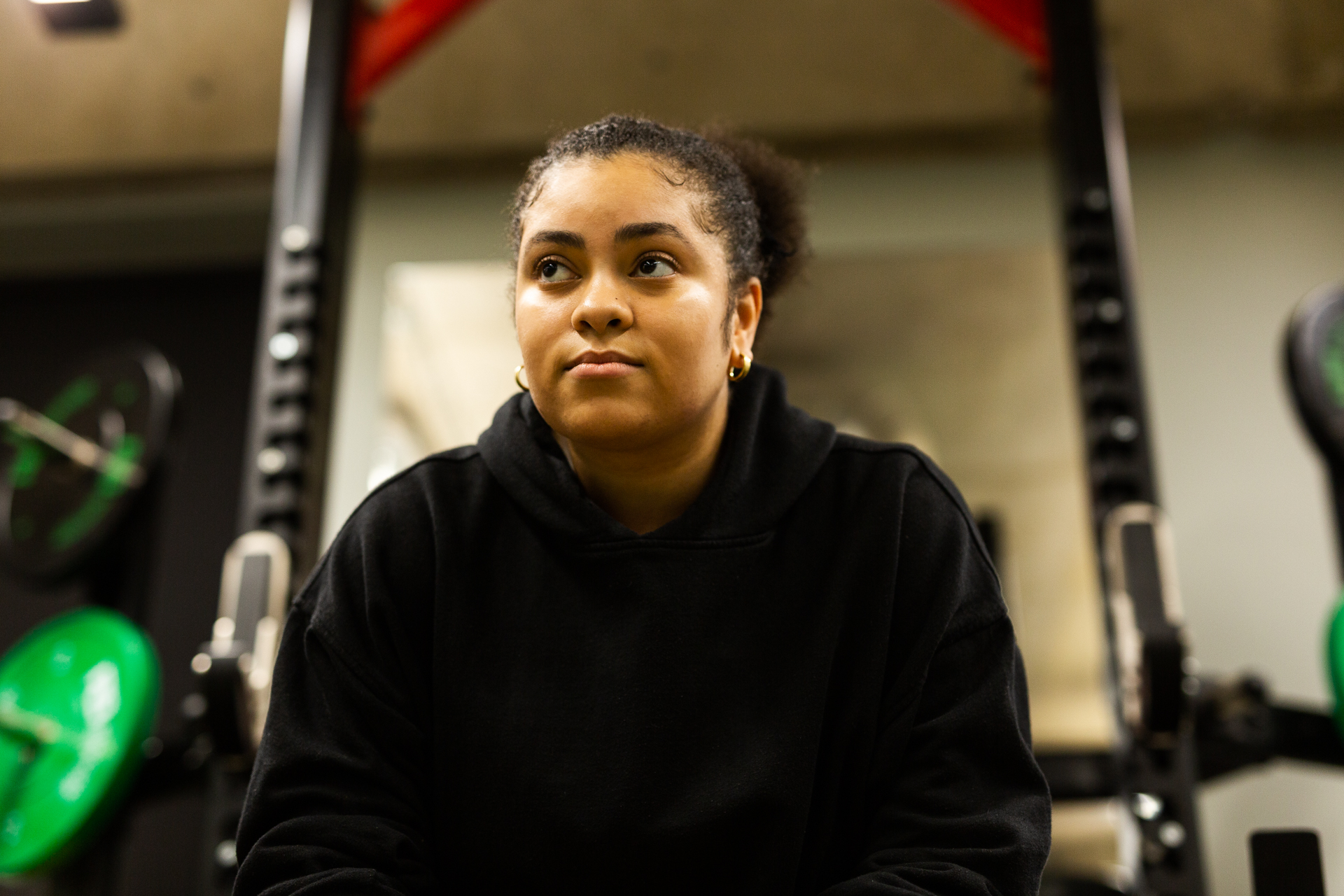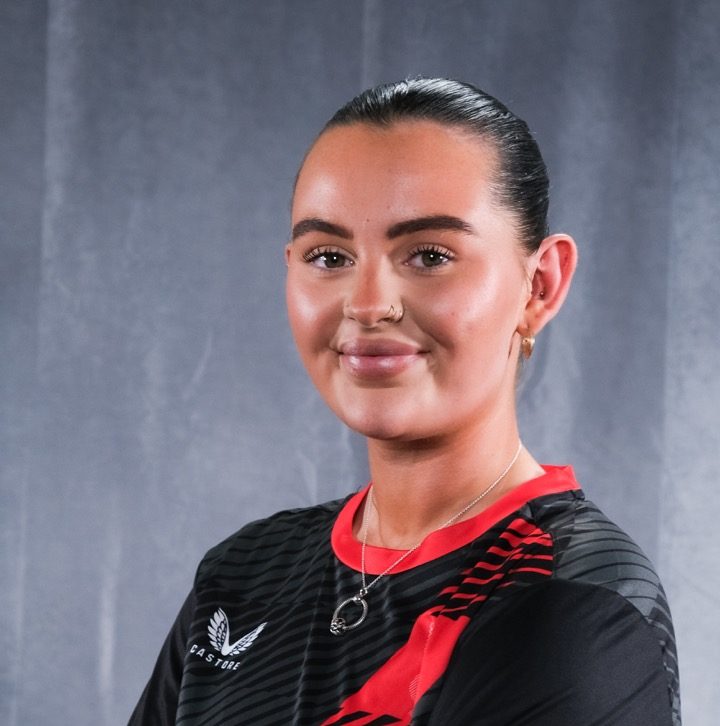It’s time to start thinking about what to do after you finish college. Whether you want to find an apprenticeship or apply to go to uni, it’s a good idea to start your research early.
Knowledge is power, and it will help you make an informed choice when it comes to making those all-important decisions and choosing where to study.
If going to university is on your radar, then you probably already know there are lots of options. It’s a good idea to make a list of the things that are important to you. This will help you narrow down your choices and pick out the places that closely match your wish list.
Here are 5 things you should consider when choosing where to study:
1. What do I want to study or what subject area am I interested in?
Always top of the list – it’s important to choose a course that interests you. Choose a subject area that sparks your curiosity and aligns with your passion. At the end of the day, you will spend 3 years focusing on everything there is to know about this subject, so it helps if you enjoy it!
Take a look at our courses in the Worlds of Business, Media, Sport and Digital.
2. Do I want to move away, or should I stay close to home?
Moving away from home might sound like an exciting prospect but it’s a big decision. It might be the first time you’ve lived independently, so think about what this entails. Also think about whether you would want to live in a big city or a quieter area outside the hustle and bustle.
UA92 is within easy reach of Manchester City Centre. Find out more about our location.
3. How is the course taught and how will I be assessed?
Make sure the methods used to deliver the course aligns with how you learn best. Some universities favour lecture style teaching while others adopt immersive learning approaches. Here at UA92, we focus on one subject module at a time and you are assessed within the module, which means no traditional end-of-year exams.*
Find out more about UA92’s approach to learning.
4. What qualifications and grades do I expect to get?
All universities will ask for minimum grades, and in some cases in specifics subjects, to be considered for the course. These are often referred to as ‘entry requirements’. Have a look if your predicted grades align with the entry requirements for the course as this will improve your chances of getting a place.
UA92 minimum entry requirements are 104 UCAS points for a degree and 64 UCAS point for a Cert HE. Use the UCAS Tariff calculator to find out how many UCAS points you might get.
5. What facilities are important to me?
Think about what’s important to you about your student experience and make a list of priorities. It could be access to specific equipment, the use of an on-site gym, the quality of student accommodation, joining a sports club or additional support for a disability. University websites or a prospectus are usually a good place to start as they give you a good overview of everything that’s available.
Order your UA92 Prospectus here.
Any other things to ask about?
There are many other things that might help you make your decision. Make sure to find out about careers support, industry partnerships, placements and work experience and additional financial support.
How do I find out more?
There are lots of tools out there to help you find out more about going to university and discover the range of courses on offer. Here are a few tools you can use when choosing where to study:
- University websites
- University prospectus
- UCAS Hub
- What Uni?
- UCAS Exhibitions
- UK Uni Search Fairs
- DiscoverUni
If you want to know more about UA92, find out when our next Open Day is or book a Campus Tour.
*There may be exams in some subject areas, but we avoid this where possible. Any exams will be undertaken at the end of the module instead of at the end of the academic year.
 World of Business
World of Business  World of Digital
World of Digital  World of Media
World of Media  World of Sport
World of Sport 


